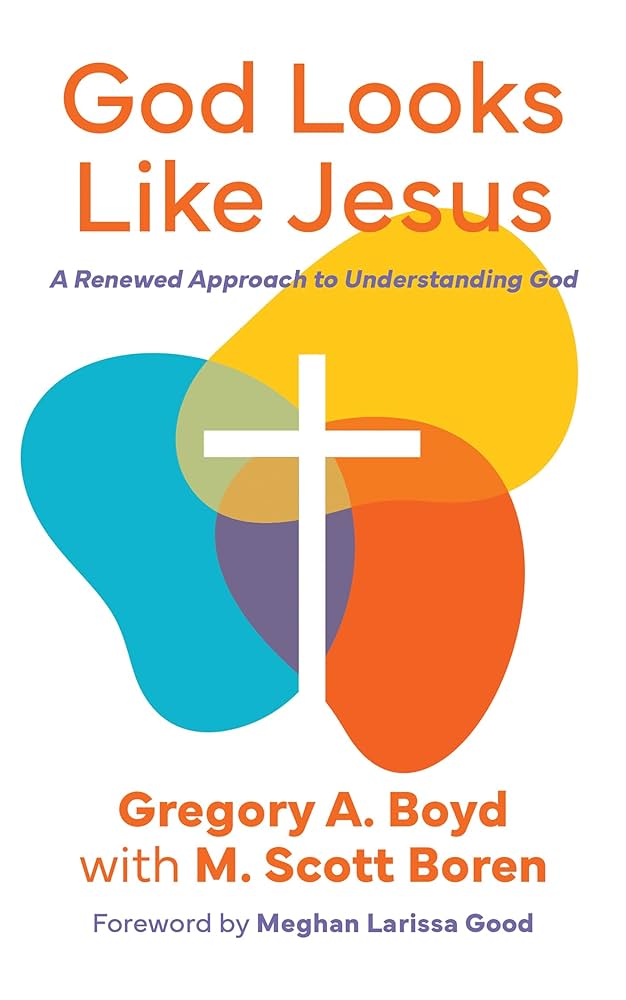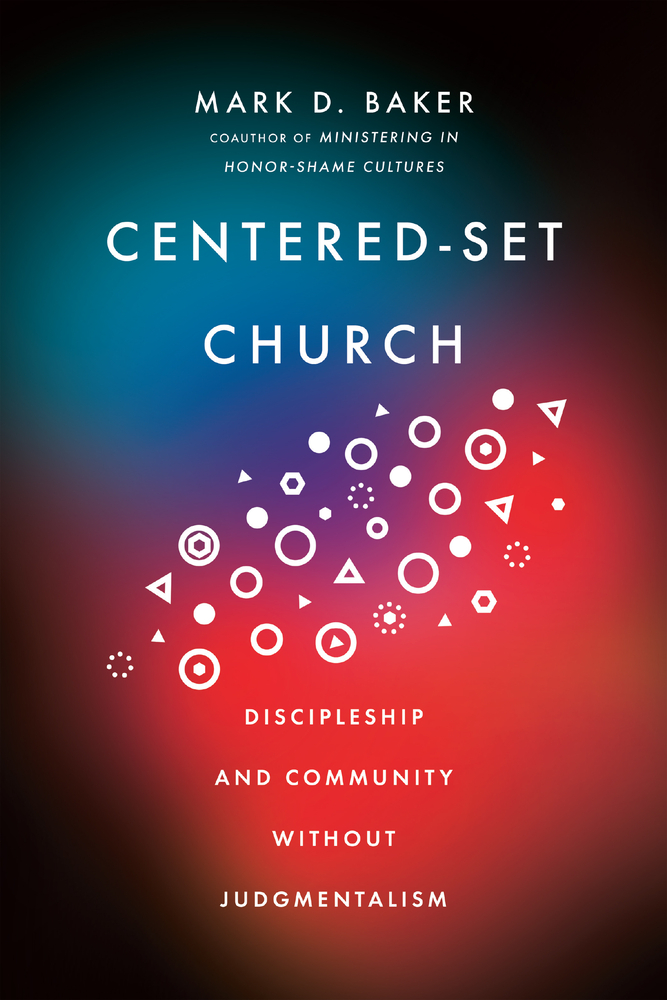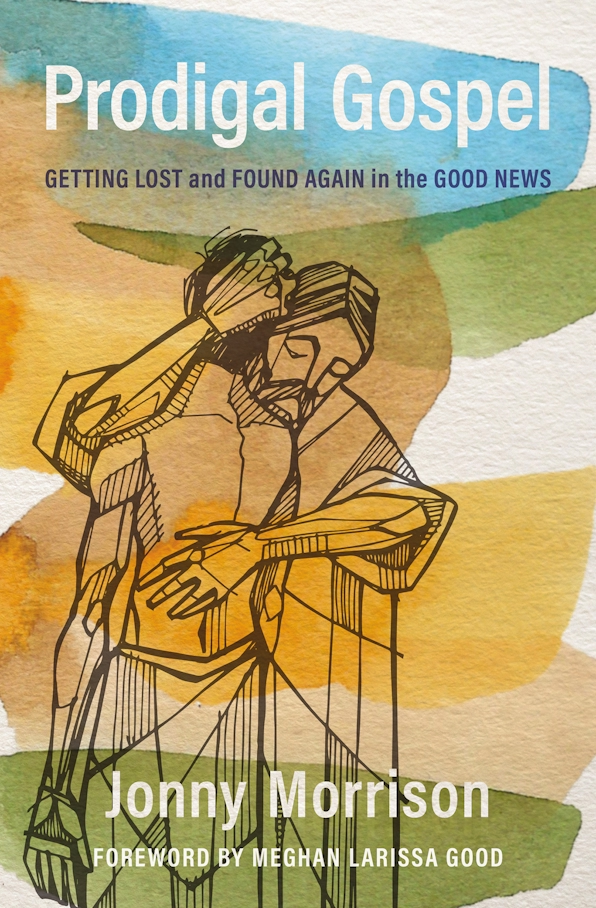Tired of staring at a blank screen before you post to social media?
We made this for you. Grab our free social media calendar + content ideas designed for churches and faith organizations who want to show up with purpose.
Explore and purchase self-paced video resources to fuel and equip a more Jesus-centered faith and practice.
Partners receive exclusive access to these resources and more.

Gregory A. Boyd with M. Scott Boren

Meghan Larissa Good

Mark D. Baker

Jonny Morrison

Christie Penner Worden

Keith N. Smith